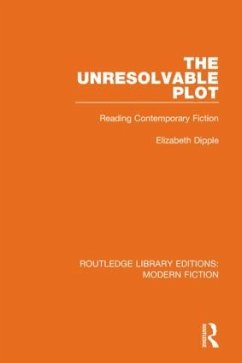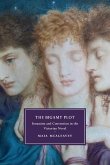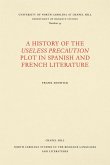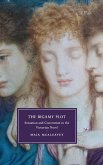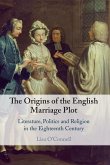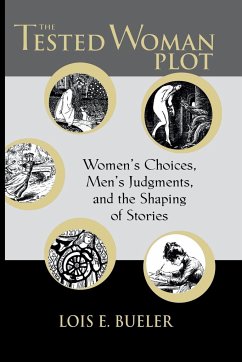Originally published in 1988, the last few decades had seen the appearance of some brilliant and complex new kinds of fiction. The ambitious experiments of writers such as Greene, Garcia Márquez, Borges, Nabakov, Calvino, Beckett, Eco, Spark, Hoban, Murdoch, Bellow, Ozick, and Lessing among others had all proved the vitality of contemporary fiction in discovering exciting new forms and styles. Yet because of the difficulty of many of the texts, contemporary fiction as a genre had acquired an undeservedly unpopular reputation among students and other readers. In a very real way, the reader had become nervous rather than confident in the face of a literature that in fact is more aware of and generous to that reader than earlier and more apparently accessible literature ever managed to be. And the new fiction's seeming remoteness from the reader is exaggerated, in a sense, by the critical academic response at the time, which tended to obscure the texts themselves behind the many aesthetic and cultural theories which had sprung up in the study of fictionalizing or narrativity in general. Elizabeth Dipple is anxious to dispel readers' fears about these texts. She has chosen an international list of major writers of the time and presents a detailed discussion of each. Beginning each chapter with a brief explanation of the context in which each fictionist is to be examined, she then concentrates on an analysis of key texts, aiming always to look beyond jargon and theory back to the sources themselves. Professor Dipple's purpose was to convey to the reader some of her own admiration and enthusiasm for contemporary fiction and to persuade him or her to take a fresh look at a group of writers who were producing what she felt would surely be seen by future generations as among the most sophisticated and accomplished fiction of our time.
Bitte wählen Sie Ihr Anliegen aus.
Rechnungen
Retourenschein anfordern
Bestellstatus
Storno

